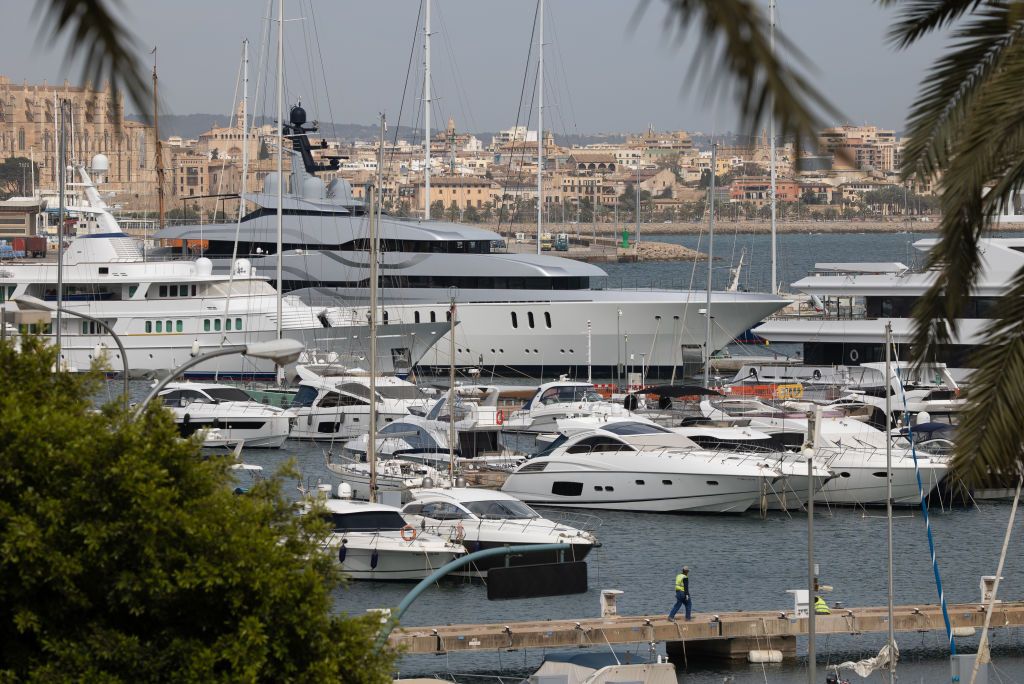US to transfer confiscated Russian funds to Ukraine via Estonia

The United States will transfer approximately $500,000 in confiscated Russian funds to Estonia for the purpose of aiding Ukraine, the U.S. Justice Department announced on Feb. 17.
The transfer marks the second time the U.S. has sent confiscated Russian money to Ukraine, and the first time such funds have been sent to a foreign ally with the intent of providing aid to Ukraine.
The U.S. confiscated the funds after breaking up an illegal procurement network that was trying to supply Russia with a U.S.-made high-precision machine tool for use in the defense industry. The money will be routed through Estonia since the details of the case do not permit a direct transfer to Ukraine.
U.S. Deputy Attorney General Lisa Monaco and Estonian Secretary General Tonis Saar jointly announced the transfer at the Munich Security Conference on Feb. 17.
"Today's announcement demonstrates the unwavering resolve of the United States and our Estonian partners to cut off (Russian) President Putin's access to the western technologies he relies on to wage an illegal war against Ukraine," Monaco said.
Estonia will use the confiscated funds to help rebuild Ukraine's electrical distribution and transmission systems, which have been targeted in Russian attacks.
"In my opinion, this agreement provides additional motivation to deal with sanctions violations even more," said Saar.
"The reason is very simple, the goal here is not only to detect, prosecute, and ensure justice, but to direct illegal income to the victim, i.e., Ukraine."
The U.S. first transferred confiscated Russian funds to Ukraine in February 2023, with a grant of $5.4 million in assets seized from Russian oligarch Konstantin Malofeyev. The money was put towards supporting Ukrainian war veterans.
In December 2022, the U.S. Senate approved an amendment allowing the transfer of seized assets belonging to Russian oligarchs to the people of Ukraine.
That law does not apply to the funds seized from the illegal procurement network. According to the Justice Department, the plan to send the money via Estonia demonstrates that the U.S. "will seek and develop novel solutions to ensure that the profits of Russian criminal networks are redirected for the support of the Ukrainian people."
Calls to seize Russian assets and transfer them to Ukraine have increased as U.S. aid to Ukraine remains tied up in Congress.
The U.S. Senate Foreign Relations Committee approved a bill on Jan. 24 that would pave the way for Washington to confiscate Russian assets and hand them over to Ukraine. If the legislation were to pass both chambers of Congress and be signed into law by President Joe Biden, it would enable Washington's first-ever seizure of central bank assets from a country with which it is not at war.














